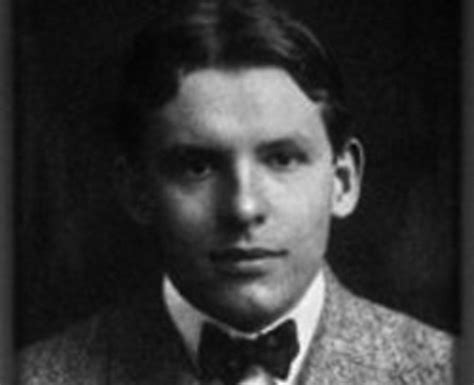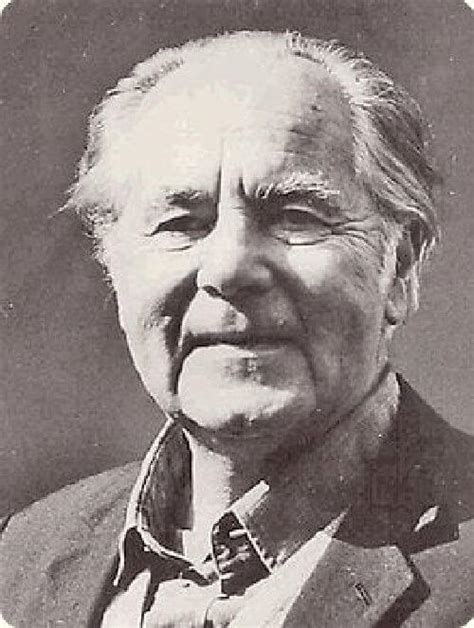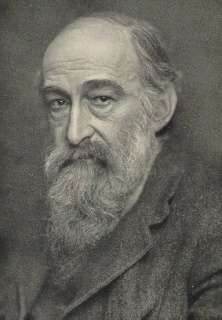A Quote by George Berkeley
This perceiving, active being is what I call mind, spirit, soul, or myself. By which words I do not denote any one of my ideas, but a thing entirely distinct from them, wherein they exist, or, which is the same thing, whereby they are perceived; for the existence of an idea consists in being perceived.
Related Quotes
I am thinking, therefore I exist. (...) I was a substance whose whole essence or nature is solely to think, and which does not require any place, or depend on any material thing, in order to exist. Accordingly this 'I' - that is, the soul by which I am what I am - is entirely distinct from the body, and indeed is easier to know than the body, and would not fail to be whatever it is, even if the body did not exist.
Did men but consider that the sun, moon, and stars, and every other object of the senses, are only so many sensations in their minds, which have no other existence but barely being perceived, doubtless they would never fall down and worship their own ideas; but rather address their homage to that eternal invisible Mind which produces and sustains all things.
Art is a creative effort of which the wellsprings lie in the spirit, and which brings us at once the most intimate self of the artist and the secret concurrences which he has perceived in things by means of a vision or intuition all his own, and not to be expressed in ideas and in words-expressible only in the work of art.
Esse est percipi, to be is to be perceived, said good old Berkeley; but, according to most philosophers, he was wrong. Yet, obviously, there are things for which the adage holds. Perception, trivially, to begin with. If elements of conscious awareness--pains, tickles, feelings of heat and cold, sensory qualia of colors, sounds, and the like--have any existence, it must consist in their being perceived by a subject.... This shows, of course, that such experiences are epiphenomenal, at least with respect to the physical world.
The prevailing attunement is at any given time the condition of our openness for perceiving and dealing with what we encounter; the pitch at which our existence is vibrating. What we call moods, feelings, affects, emotions, and states are the concrete modes in which the possibilities for being open are fulfilled. They are at the same time the modes in which this perceptive openness can be narrowed, distorted, or closed off.
What greater weakness can there be than not to know what is the source of one's being, of one's life, of one's senses, of one's knowledge, and what is to be their end? What can be more deeply disheartening than to wonder whether one's soul is, perhaps, a material thing, like a stone or a reptile, corruptible like these base creatures? Is there not more strength and greatness of mind in admitting the idea of a being superior to all other beings, who has made them all and to whom all owe their existence; of a being supremely perfect, who is pure, who had no beginning and can have no ending, of whom our soul is the image and, so to speak, a portion, being a spiritual and immortal thing?
All thought of something is at the same time self-consciousness [...] At the root of all our experiences and all our reflections, we find [...] a being which immediately recognises itself, [...] and which knows its own existence, not by observation and as a given fact, nor by inference from any idea of itself, but through direct contact with that existence. Self-consciousness is the very being of mind in action.
The universe is no narrow thing and the order within it is not constrained by any latitude in its conception to repeat what exists in one part in any other part. Even in this world more things exist without our knowledge than with it and the order in creation which you see is that which you have put there, like a string in a maze, so that you shall not lose your way. For existence has its own order and that no man’s mind can compass, that mind itself being but a fact among others.
A man's knowledge may be said to be mature, in other words, when it has reached the most complete state of perfection to which he, as an individual, is capable of bringing it, when an exact correspondence is established between the whole of his abstract ideas and the things he has actually perceived for himself. His will mean that each of his abstract ideas rests, directly or indirectly, upon a basis of observation, which alone endows it with any real value; and also that he is able to place every observation he makes under the right abstract idea which belongs to it.




































